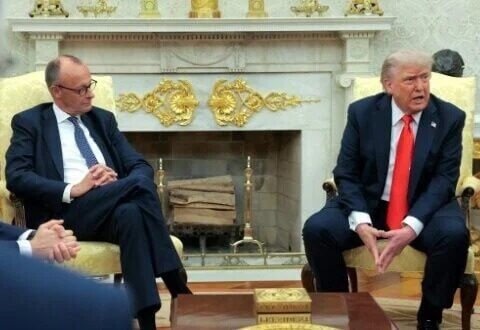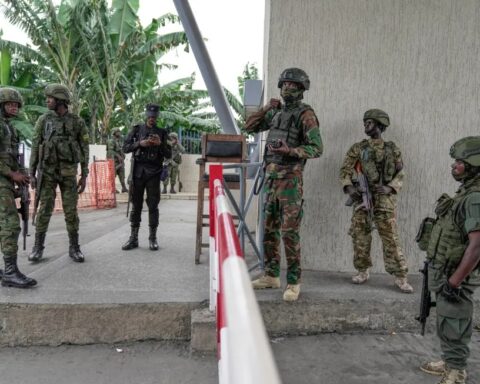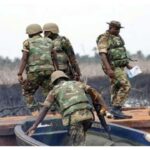By Cecilia Ologunagba
Assistant Secretary-General for Africa, Martha Pobee, on Monday lamented the deteriorating security and humanitarian conditions in South Sudan.
Referencing the recent quarterly report from the Secretary-General on challenges facing the world’s youngest nation, Pobee, while briefing the Security Council, said that since March, previous gains recorded in the peace process in South Sudan had been largely eroded.
Military offensives, primarily involving South Sudan’s rival militia which answers to the First Vice President and Government troops loyal to the President, has continued, and trust in the 2018 Revitalised Peace Agreement between the two has been undermined.
Pobee, who is the Assistant Secretary-General for Africa in the Departments of Political and Peacebuilding Affairs and Peace Operations, said, “While government officials have publicly expressed their commitment to holding elections by December 2026, the Parties must take steps to return to dialogue and make the necessary decisions to move the country forward.”
“Declarations of commitment are not enough.”
She urged the Security Council to call on all actors and stakeholders to uphold the peace agreement.
“If they fail to lay the groundwork for peaceful, credible elections in December 2026, the risk of a relapse into violence will rise significantly amid growing regional instability.
“It is the shared responsibility of the international community to work with the South Sudanese parties to avoid such a failure,” she stressed.
“The people of South Sudan are counting on us.”
Murithi Mutiga, another briefer from the International Crisis Group, explained that the 2018 agreement required President Salva Kiir to work in concord with his rival, First Vice President Riek Machar.
Thus, the agreement was effectively terminated when President Kiir placed the former Vice President under house arrest on March 26.
Pobee highlighted that recent military offensives have resulted in deaths, displacement, and the destruction of civilian infrastructure.
Furthermore, the displacement crisis is a two-way street, Murtiga explained: the devastating civil war in neighbouring Sudan has driven 1.2 million refugees into South Sudan, straining already-limited resources.
The conflict in Sudan has also disrupted oil flows to the military Government-controlled Port Sudan and the broader market, causing South Sudan to lose most of its valuable oil revenues.
Murtiga also underscored that this is one of South Sudan’s worst humanitarian crises since independence in 2011, with 9.3 million in need of dire assistance and 7.7 million suffering food insecurity, including 83,000 at risk of catastrophic conditions, all while brutal sexual violence is on the rise.
Similarly, funding cuts are leaving millions without life-saving assistance, Pobee emphasised.
Halfway through 2025, the Humanitarian Needs and Response is only 28.5 per cent funded.
Additionally, challenges to humanitarian access are growing with increased instances of aid workers being attacked, as poor infrastructure and administrative obstacles impede relief efforts.
The UN, African Union, regional intergovernmental development body, IGAD, and many others in the international community, have repeatedly called for a cessation of hostilities and a return to dialogue without any concrete response from the warring parties.
Follow us on all social media platforms @dailyquery for news and analyses around the globe.



























